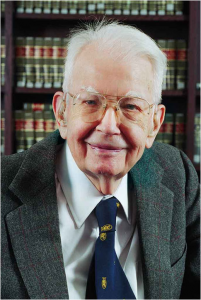Legal Issues and Pokémon Go
 Okay, I admit it. I’m playing Pokémon Go. It’s frustratingly addictive.
Okay, I admit it. I’m playing Pokémon Go. It’s frustratingly addictive.
For those who don’t know, Pokémon Go is an app for smartphones; the app is free, but players can make in-app purchases. The idea is for each player to “catch” creatures known as Pokémon, which the player does by “throwing” what is called a Pokéball at them. Once you catch the creatures, each of which has its own special powers and abilities, you can “evolve” them into stronger, more powerful creatures and you can go to gyms to “battle” other players.
Pokémon Go uses GPS to figure out where a player is located and presents the player with that “map.” Pokéstops (where players can go to get free goodies they need to play the game) and gyms are represented on the map as actual places, usually public places like parks, sculptures, or churches. To get to a Pokéstop or to battle at a gym, a player needs to physically move herself to that location. For example, the Marquette University campus is full of Pokéstops—e.g., a few sculptures on the southeast side of campus, one of the signs for the Alumni Memorial Union. Dedicated players certainly get some exercise.
Pokémon Go is also interesting because of how it mixes your real-life location with the mythical creatures. When a creature appears, you can take its picture, as if the Pokémon is right there in your real world. (See the pictures in this post.)
But Pokémon Go has been at the root of a number of accidents and incidents and it raises a number of interesting legal issues.

